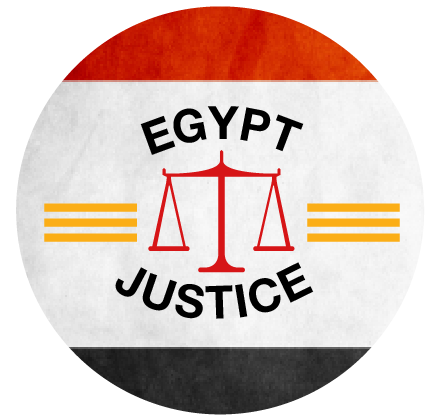SCC on Political Isolation Laws
/In 1986, 1987, and again in 1988, the SCC struck down political isolation laws denying the right to participate in political life to various political opposition groups, including Wafd Party and Nasserist Party leaders, anyone convicted in Anwar Sadat’s 1971 crackdown on opponents of his new administration, and those who actively encouraged opposition to the Camp David peace accords with Israel.
Against that legal background, when the political isolation law enacted in advance of the 2012 presidential election came before the SCC, from a legal standpoint the outcome was virtually a foregone conclusion—same facts, same law, same ruling.
Ironically, however, when the SCC ruled that presidential candidate Ahmed Shafik (eventual election run-off candidate against Mohamed Morsi) could not be banned from running for office solely because of his prior affiliation with the pre-revolution ruling National Democratic Party (NDP), the SCC was accused of being political in its ruling because it did not allow post-revolution politics to alter its jurisprudence.
In a May 2013 ruling that continues to hang like a sword of Damocles over current election laws, the SCC found nine articles of a proposed political participation law to be unconstitutional, including provisions banning military and police personnel from voting.
The court’s reasoning was simple: the constitution guarantees every citizen the right to vote; military and police personnel are citizens; therefore laws depriving military and police personnel of their right to vote are unconstitutional.
The 2014 constitution states in Article 87: “The participation of citizens in public life is a national duty. Every citizen has the right to vote, run in elections, and express their opinion in referendums. The law shall regulate the exercise of these rights. Performance of these duties may be exempted in cases specified by the law.”
While it could be argued that the last two sentences authorize legislation prohibiting military and police personnel from voting, such an argument would ignore the critical distinction made in Article 92 of the 2014 constitution between authorized regulation of the exercise of a right and prohibited denial of a right: “Rights and freedoms of individual citizens may not be suspended or reduced. No law that regulates the exercise of rights and freedoms may restrict them in such a way as infringes upon their essence and foundation.”
Absent a constitutional amendment, if challenged and if the SCC adheres to its prior jurisprudence, any current or future election laws prohibiting military and police personnel from voting will likely be ruled unconstitutional.
For summaries of individual cases, click here.
For further reading, see the discussion of pre-2011 revolution cases in Tamir Moustafa, The Struggle for Constitutional Power: Law, Politics, and Economic Development in Egypt (Cambridge: Cambridge University Press, 2007), 103-04.

